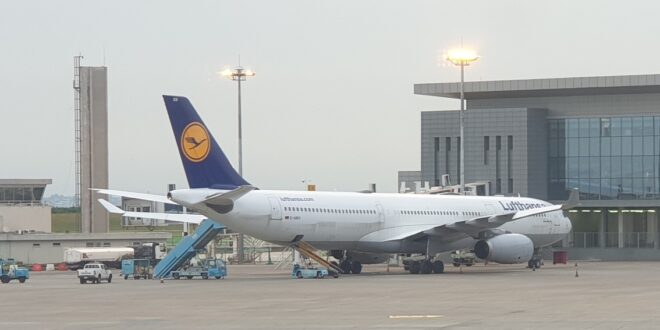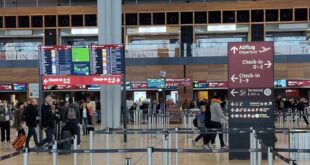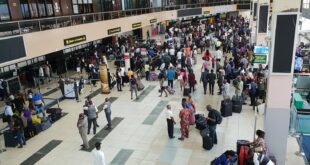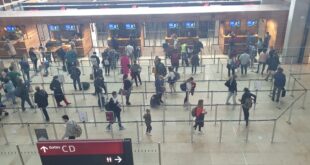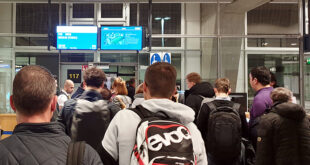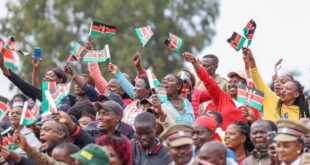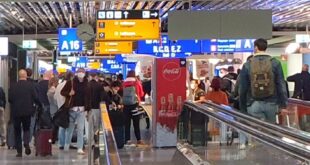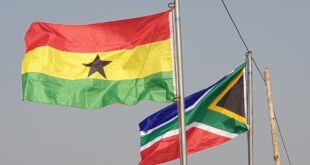The International Air Transport Association (IATA), the trade association of world airlines, has warned the Nigerian government that difficulties encountered by foreign airlines in repatriating their revenue from the country could lead to a reduction of flights to Nigeria.
The total amount of foreign airlines’ trapped funds in Nigeria has risen to $802m, according to the latest figure announced by the Switzerland-based organisation. These are proceeds of tickets sold in naira.
“Airlines may be forced to reduce their service in the countries blocking funds; this is a very important issue to airlines and IATA. It is capable of affecting the growth of African aviation,” Willie Walsh, Director-General of IATA, said on Monday while launching “Focus Africa”, a new initiative aimed at strengthening aviation’s contribution to Africa’s economic and social development. The project will also improve connectivity, safety, and reliability for passengers and shippers.
Earlier, IATA Chairperson-designate and RwandAir Chief Executive Officer, Yvone Makolo, had listed Nigeria as the country with the highest amount of blocked funds in Africa and the world.
According to her, the total amount of blocked funds in Africa is $1.6bn, out of which Nigeria has $802m.
The Regional Vice President for Africa & Middle East, IATA, Kamil Al Awadhi, lamented that 66 per cent of blocked funds were in Africa.
He listed blocked funds as a big issue that could affect the Single African Air Transport Market project and hamper the growth potential of Africa’s aviation sector.
“Blocked funds is one of the biggest issues that will affect aviation. There has been a 10 per cent increase in blocked funds recently. The total amount of blocked funds is huge. This is one of the things we need to address to move forward,” the IATA VP added.
Foreign airlines operating in Nigeria have long been complaining of difficulties in repatriating the revenue they make from selling tickets in naira to their headquarters as a result of restrictions by the Central Bank of Nigeria. Nigeria operates a multiple exchange rate regime. The multiple exchange rate system consists of parallel rates and official rates. The official rate (available to investors and importers and exporters only) has a much lower rate compared to the parallel rate, which is easily accessible.
Last month, the Minister of Aviation, Hadi Sirika, said the government would expedite the repatriation of blocked funds.
Kola Tella
 THE AFRICAN COURIER. Reporting Africa and its Diaspora! The African Courier is an international magazine published in Germany to report on Africa and the Diaspora African experience. The first issue of the bimonthly magazine appeared on the newsstands on 15 February 1998. The African Courier is a communication forum for European-African political, economic and cultural exchanges, and a voice for Africa in Europe.
THE AFRICAN COURIER. Reporting Africa and its Diaspora! The African Courier is an international magazine published in Germany to report on Africa and the Diaspora African experience. The first issue of the bimonthly magazine appeared on the newsstands on 15 February 1998. The African Courier is a communication forum for European-African political, economic and cultural exchanges, and a voice for Africa in Europe.

